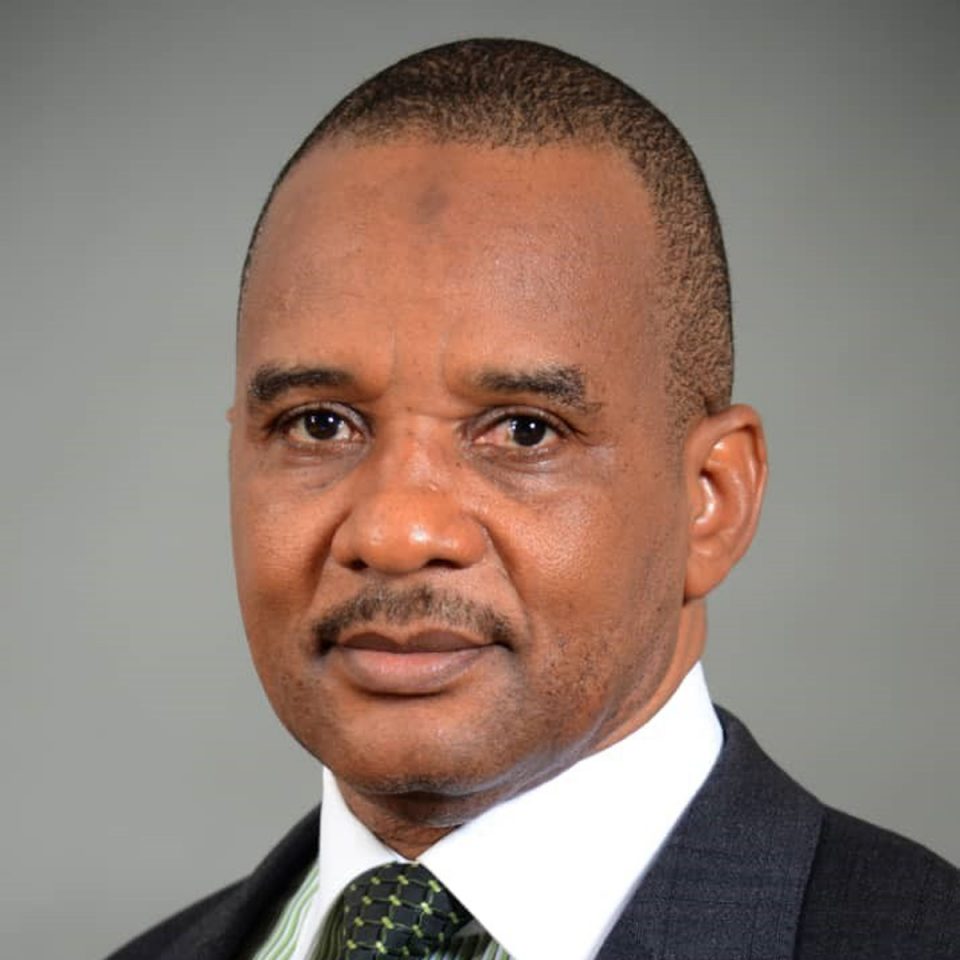With a coastline of 852 kilometres bordering the Atlantic Ocean in the Gulf of Guinea and a maritime area of over 46,000 km2, Nigeria is no doubt is blessed as a maritime nation with abundant resources in its oceans and seas to back its economic diversification and development drive.
Also, Nigeria possessed a well fresh and mangrove swamps, creeks, coastal rivers, estuaries, bays, and near and offshore waters. Moreso, eight out of the 36 Nigerian states, with 25 per cent of Nigeria’s total population, share the Atlantic Ocean coastline.
With many countries proposing to ban the use of fossil fuels, and the world transitioning from oil, one major area to lead Nigeria out of oil dependency is the maritime sector due to its vast and enormous potential.
Presently, the global energy economy is undergoing a rapid transition, as over 14 countries and more than 20 cities around the world have proposed banning the sale of passenger vehicles powered by fossil fuels – petrol, liquefied petroleum gas, and diesel at some point in the future.
However, some oil producing countries around the world have started to think out of the box to see where they have a comparative advantage on other sectors. Going by this global trend, Nigeria cannot afford to be left out of this new transition, as the maritime sector is being described as one of the major areas where its comparative advantage lies.
In order for Nigeria not to be at the mercy of other nations in the future, Nigerian Maritime Administration and Safety Agency (NIMASA) has embarked on improving security and infrastructure development in the sector. Part of the aims of the development is to tackle maritime security issues and to ensure that Nigerian waters are safe and secured for international trade.
Looking at Nigeria’s potential on the ocean economy, there is no better time than now for government support to NIMASA in improving on the nation’s maritime infrastructure development to harness the full potential abound in the industry.
Daily Sun learnt that the enormous economic resources found in the nation’s oceans and marine environment can give the country 30 times more than what Nigeria gets from oil annually.
Speaking recently in Abuja at the National Defence College (NDC), Director General of NIMASA, Dr. Bashir Jamoh, said that maritime offers Nigeria a bounteous substitute in the country’s economic diversification drive.
In his paper titled, “Maritime Security and National Development in Nigeria: The Role of NIMASA,” for NDC Course 29 participants, Jamoh pointed out that maritime had enormous potential to drive sustainable development in Nigeria, with huge investment opportunities in shipbuilding and repairs, offshore/floating spare parts sales and maintenance, freshwater bunkering and supply, dredging, and inland waterways transportation.
He added that about 75 per cent of all Gulf of Guinea-bound cargo is destined for Nigeria, he said if properly harnessed, maritime could give the country 30 times more than the revenue from oil.
“Oil contributes about 70 per cent of government revenue and nearly 90 per cent of foreign exchange earnings in Nigeria. But Nigeria is trying to move away from the near total dependence on oil,” he said.
Jamoh stated: “Judging by a simple maritime resource mapping, and also research by reputable local and international organisations, it is clear that our marine environment can give us 30 times more than what we get from oil annually. There is boundless opportunity for investment in the sector, given the right conditions.”
However, the NIMASA boss decried the effect of maritime security issues on Nigeria and enumerated steps taken by the country to tackle the problem, which include the promotion of worthy maritime governance system, maritime infrastructure development, and investment in maritime security. He said the fiscal and monetary interventions by government, recent arrangements for better management of the NIMASA modular floating dock, and stakeholder support systems were part of efforts to enthrone good governance in the sector.
On security and infrastructure development, he highlighted the Integrated National Security and Waterways Protection Infrastructure, and also the Deep Blue Project, and the various fleet expansions and shipbuilding plans as measures to ensure a conducive environment for investment in the maritime industry.
“We are tackling the security issues in our waters, and we know that the international community is concerned, and the stakeholders are mindful of our efforts.
“Those who do business in our maritime environment want to make sure that when they arrive Nigeria safely, they are also able to leave Nigeria safely,” he added.




